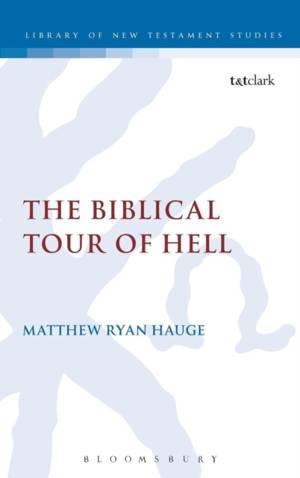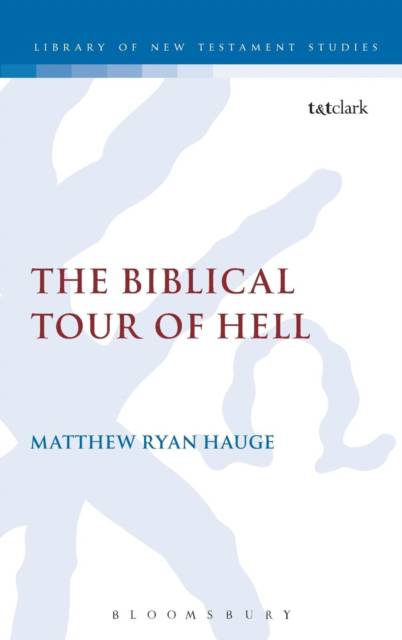
Bedankt voor het vertrouwen het afgelopen jaar! Om jou te bedanken bieden we GRATIS verzending (in België) aan op alles gedurende de hele maand januari.
- Afhalen na 1 uur in een winkel met voorraad
- In januari gratis thuislevering in België
- Ruim aanbod met 7 miljoen producten
Bedankt voor het vertrouwen het afgelopen jaar! Om jou te bedanken bieden we GRATIS verzending (in België) aan op alles gedurende de hele maand januari.
- Afhalen na 1 uur in een winkel met voorraad
- In januari gratis thuislevering in België
- Ruim aanbod met 7 miljoen producten
Zoeken
Omschrijving
It is difficult to underestimate the significance of the story of the Rich Man and Lazarus in Luke 16:19-31 within the biblical tradition. Although hell occupies a prominent position in popular Christianrhetoric today, it plays a relatively minor role in the Christian canon. The most important biblical texts that explicitly describe the fate of the dead are in the Synoptic Gospels. Yet among these passages, only the Lukan tradition is intent on explicitly describing the abode of the dead; it is the only biblical tour of hell.
Hauge examines the story of the Rich Man and Lazarus in Luke 16:19-31, uniquely the only 'parable' that is set within a supernatural context. The parables characteristically feature concrete realities of first-century Mediterranean life, but the majority of Luke 16:19-31 is narrated from the perspective of the tormented dead. This volume demonstrates that the distinctive features of the story of the Rich Man and Lazarus are the result of a strategic imitation, creative transformation, and Christian transvaluation of the descent of Odysseus into the house of hades in Odyssey Book 11, the literary model par excellence of postmortem revelation in antiquity.
Hauge examines the story of the Rich Man and Lazarus in Luke 16:19-31, uniquely the only 'parable' that is set within a supernatural context. The parables characteristically feature concrete realities of first-century Mediterranean life, but the majority of Luke 16:19-31 is narrated from the perspective of the tormented dead. This volume demonstrates that the distinctive features of the story of the Rich Man and Lazarus are the result of a strategic imitation, creative transformation, and Christian transvaluation of the descent of Odysseus into the house of hades in Odyssey Book 11, the literary model par excellence of postmortem revelation in antiquity.
Specificaties
Betrokkenen
- Auteur(s):
- Uitgeverij:
Inhoud
- Aantal bladzijden:
- 224
- Taal:
- Engels
- Reeks:
- Reeksnummer:
- nr. 485
Eigenschappen
- Productcode (EAN):
- 9780567260109
- Verschijningsdatum:
- 17/10/2013
- Uitvoering:
- Hardcover
- Formaat:
- Genaaid
- Afmetingen:
- 163 mm x 236 mm
- Gewicht:
- 476 g

Alleen bij Standaard Boekhandel
+ 593 punten op je klantenkaart van Standaard Boekhandel
Beoordelingen
We publiceren alleen reviews die voldoen aan de voorwaarden voor reviews. Bekijk onze voorwaarden voor reviews.









